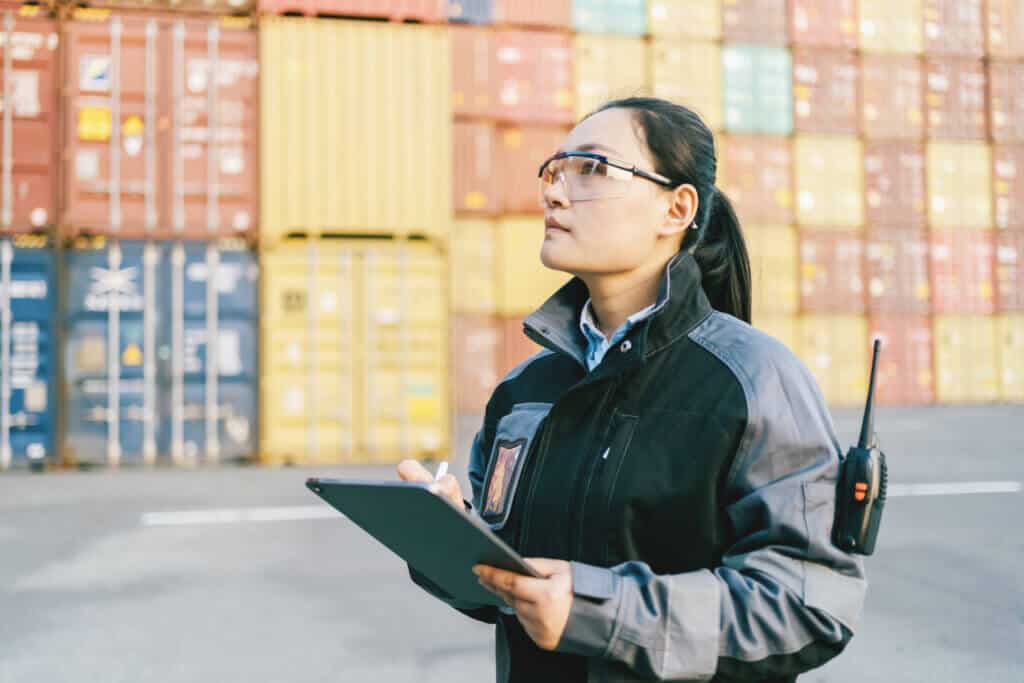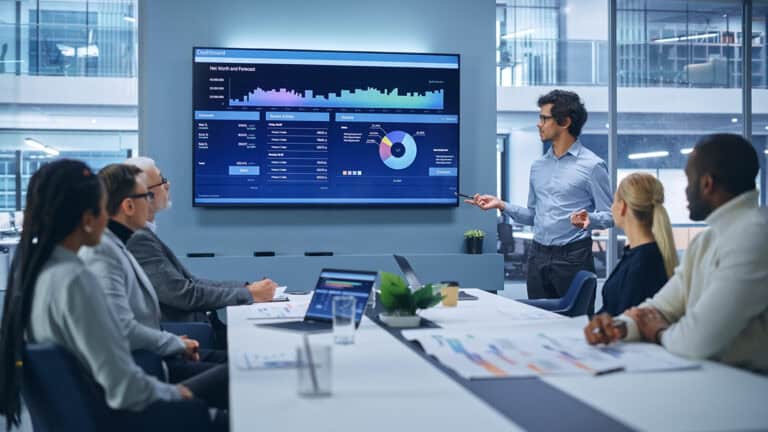
The long-awaited changes by Customs and Border Protection (CBP) to modernize trade through the 21st Century Customs Framework (21CCF) are soon likely to be law. The impact will be substantial and widespread, using technology, transparency, and seamless data sharing to improve the flow of legitimate trade while targeting and enforcing compliance against unfair trade practices and high-risk importers. These changes will also have major implications for licensed customs brokers and U.S. importers of all types and sizes. Don’t be caught unaware!
Modern global supply chains are much more complex than in 1993, when the last major legal and regulatory updates were passed in the Customs Modernization Act. The “Mod Act” predated the introduction of e-commerce shipments, the transformation of the Customs Service into CBP, the emergence of the CEEs, the tectonic tariff wars, a greater focus on forced and child labor, and environmental impacts.
With more than 2 million low-value shipments entering the country annually, CBP resources are in short supply to identify and deter illegal activities and ensure the safety and legal sourcing of products. Changes in the 21st Century Customs Framework will improve the visibility of supply chain streams and apply new technology, including machine learning and data collection from non-traditional players. These are intended to enhance the CBP’s ability to reimagine and transform US trade while ensuring ever-greater levels of import compliance.
The Reimagined Entry
How would these factors come together? An example was recently posited by CBP at a conference. Consider a mother who places an e-commerce order for baby formula. Unbeknownst to her, the product is imported from Europe. Under current standards, the information on the shipment would be the basic information on the invoice for customs clearance, with an FDA review conducted at the time of importation. Upon delivery, the buyer would have little to no information that the product was even imported, save for the email confirmation of her purchase that simply covers her product order, expected delivery, and cost details.
Under the 21CCF reimagined entry, that same shipment would have imaging capabilities for the supplier to provide the ingredients label, sourcing information, and greater visibility of the product’s origin of inputs through to manufacturing. FDA-established checks and balances would occur earlier in the transaction, using data from the e-commerce platform, a previously untapped data source. This should enable the FDA to allow and/or bar the shipment from entry into the USA. Consumer safety would be at a premium to ensure the product delivered to her door meets the highest standards.
Customs Brokers as Agents of CBP
With the agency’s limited resources, technology, and seamless data sharing, it still may not be sufficient for CBP to identify every bad actor in the global supply chain and stop unsafe products from entering the country. To further support their goals, CBP is considering adopting new protocols under the 21CCF that would transform the role of Customs brokers to help target importers who may sidestep compliance responsibilities or actively seek to defraud the government.
As it’s currently envisioned, the 21CCF will require customs brokers to report any breach of electronic or physical broker records, including the compromised importer of record numbers, to the CBP. Additionally, new mandates address circumstances in which the broker severs its relationship with a client who intentionally attempts to use the broker to either defraud or commit a criminal act against the U.S. government. Under the planned regulatory scenario, licensed brokers would have to document all guidance provided to an importer and report that importer’s name and contact information to CBP.
How the 21CCF may influence greater compliance with Importers
As the Customs broker’s role evolves to meet CBP requirements, importers must understand the significance of these changes and work to reimagine their relationship with the broker, outlining clear expectations of roles and expectations regarding how information is verified and shared. Any broker agreement should establish the tasks the broker is responsible for and those for which it is not. The 1993 Mod Act firmly placed the burden of compliance on the US importer; while it was considered a positive step for the US importer to hire and rely on a licensed broker, it never absolved the importer of responsibility and its susceptibility to CBP penalties. The expanded reporting obligations and possible liability of the broker under 21CCF expand the scope of broker liability beyond its traditional focus.
Opportunity in Change
Its often stated that in any crisis, there is both danger and opportunity. Many in our industry may view the new developments in 21CCF as a threat – brokers have increased client compliance reporting responsibilities that may negatively impact their client relationships. Importers, on the other hand, may defer too much to the broker, assuming that their expertise will always provide the accurate results they can rely on without recognizing they retain the primary liability for entry errors.
Every such change creates an opportunity – for brokers to more clearly define their role with clients at the outset of their relationship and for importers to increase their knowledge of their foreign-origin products and their obligations to CBP regarding these items. One thing is certain – it will be a dramatically different world of importing into the US, and successful brokers and importers must acclimate themselves to these changes.





